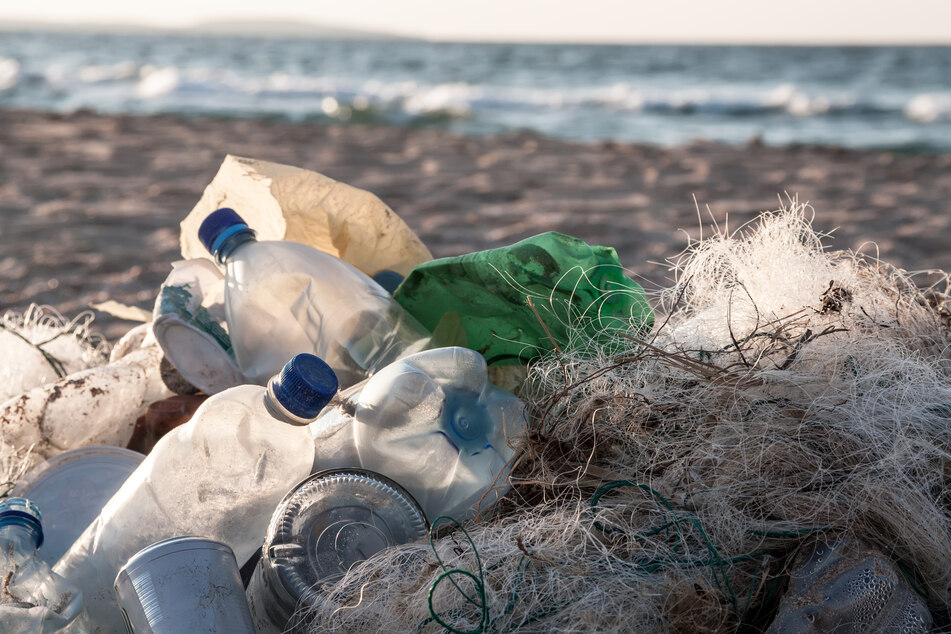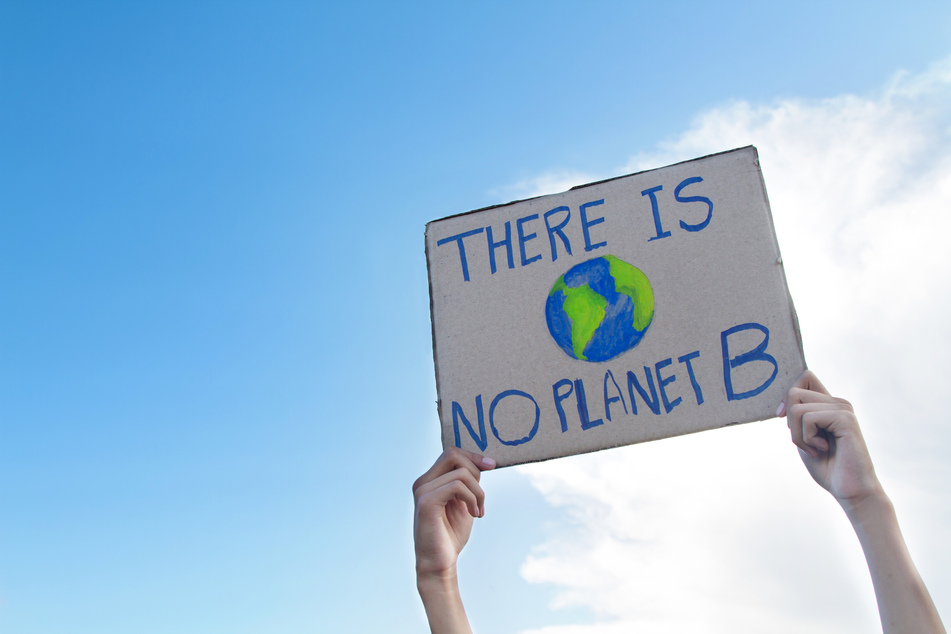California passes most sweeping US law to end single-use plastics
Sacramento, California - Striking a blow against a pernicious form of pollution, California on Thursday passed the nation’s most far-reaching restrictions on single-use plastics and packaging.

The legislation puts California at the forefront of national efforts to eliminate polystyrene and other plastics that litter the environment, degrade into toxic particles, and increasingly inhabit human blood, tissue, and organs.
Democratic state Sen. Ben Allen of Santa Monica has tried for years to get state legislators to tackle the growing plastic pollution crisis but has faced opposition from the plastics industry and some food container manufacturers.
Late Wednesday night, the California Assembly passed the bill 67-2, with the Senate passing it Thursday morning with 29 "ayes" and no "nos." Backers applauded.
"With this legislation, California continues its tradition of global environmental leadership – tackling a major problem in a way that will move and grow markets, create incentives for investment, and give tools to other states and countries to help play their part in this fight," Allen said in a statement.
What's in the bill?

The bill requires that by January 1, 2028, at least 30% of plastic items sold, distributed, or imported into the state are recyclable. By 2032, that number rises to 65%.
It also calls or a 25% reduction in single-use plastic waste by 2032 and provides CalRecycle with the authority to increase that percentage if the amount of plastic in the economy and waste stream grows.
In the case of expanded polystyrene, that number needs to reach 25% by 2025. If the number isn’t hit, the widespread, hard-to-recycle foamy plastic will be banned.
"It’s a de facto ban," said Jay Ziegler with the Nature Conservancy, noting that current recycling rates for polystyrene are in the low single digits, making it improbable that a 25% recycling target could be met in three years.
Plastics waste has become an growing problem nationwide as plastics packaging has become ubiquitous in groceries, fast-food outlets, and other businesses, and consumers – especially during the pandemic – have embraced take-out items delivered in single-use packaging. The resulting waste pollutes marine environments and clogs landfills, in part because of challenges in recycling plastics.
The bill is based on a policy concept known as Extended Producer Responsibility, which shifts the responsibility of waste from consumers, towns, and cities to polluters. It also gives plastics companies extensive oversight and authority in terms of the program’s management, execution, and reporting, via a Producer Responsibility Organization, which will be made up of industry representatives.
Among various duties, the group will be responsible for collecting fees from its participating organizations to pay for the program, as well as an annual $500-million fee every year that will be directed to plastic pollution mitigation fund.
CalRecycle has ultimate authority over the program.
Not everyone is happy

A front group for the plastics industry, the Environmental Solutions Coalition, has been sending mailers to households.
The American Chemistry Council’s vice president of plastics, Joshua Baca, issued a statement on Wednesday saying that although his organization had worked alongside Allen and the negotiators for months, the final version "is not the optimal legislation to drive California towards a circular economy."
He said the law’s definition of recycling "needs to be improved and made clearer so new, innovative technologies that keep hard to recycle plastic out of the environment and landfills count in achieving the circularity goals in the legislation."
The chemical trade group – which includes the world’s largest plastic, fossil fuel, and chemical companies – is currently urging the US Environmental Protection Agency to include the conversion of plastic into energy and fuel, via pyrolysis and gasification, as methods of recycling.
The bill explicitly notes those forms of plastic conversion – which are polluting – will not be considered "recycling."
"The bill, with my committee’s amendments, bans chemical recycling and includes recognition of the protection of disadvantaged and low-income communities," said Democratic Assemblymember Luz Rivas of North Hollywood. "I would not let the bill out of my committee if I felt that a chemical recycling plant could be built in my community."
Cover photo: 123RF/kotangens

